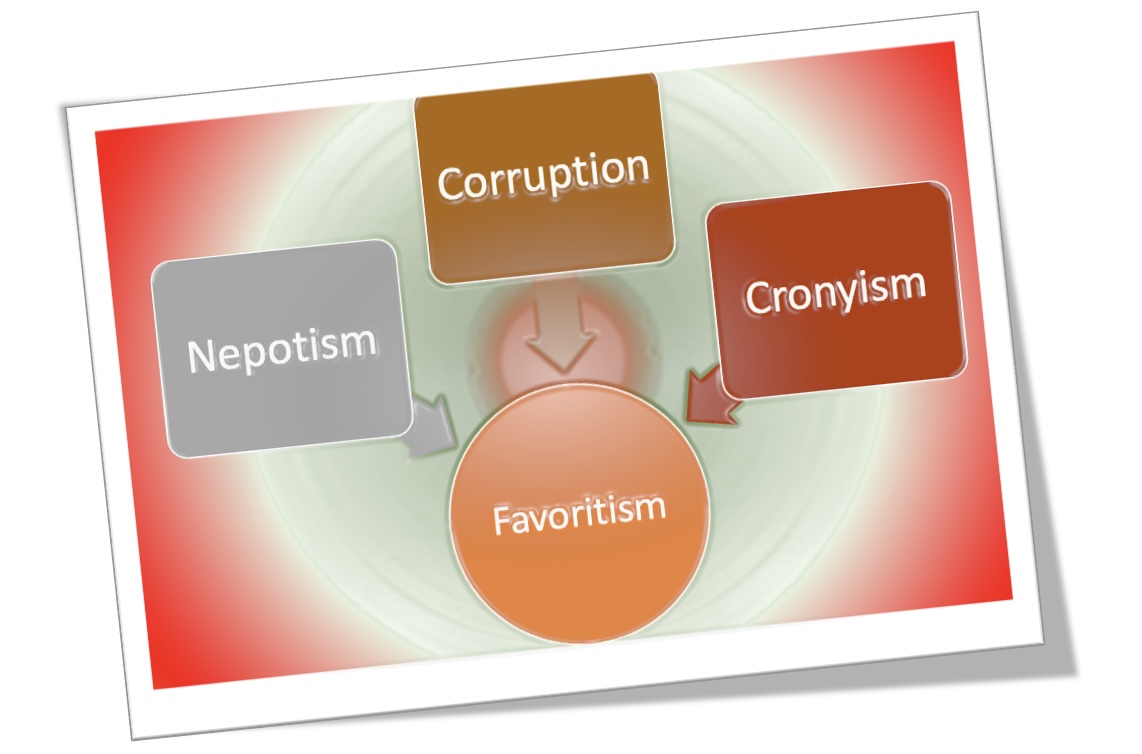Hunter Biden’s pardon: Nepotism undermines trust in institutions and breeds resentment
Nepotism and cronyism undermine trust in institutions while breeding resentment. We see the problem in President Joe Biden’s pardon of his son, Hunter, and, before that, in President-elect Donald Trump’s pardon of his son-in-law’s father, Charles Kushner. Powerful crooks get pardoned, while the rest of us obey the law.
The problems of cronyism and nepotism are found in government, but also in businesses, churches and the rest of social life. There is a natural tendency to stick with your clique and to favor friends and family members. This is understandable, but it is no way to run a country or administer justice.
Nepotism in the justice system is galling because justice is supposed to be impartial. The goddess of justice is usually portrayed as wearing a blindfold. Nepotism lifts that blindfold and turns justice into a biased partisan.
Favoritism is fundamentally unfair. Justice is not a matter of preference or personality. Power and authority ought to be based on expertise, knowledge, wisdom and virtue. Unfortunately, this is not how things work in a world of cronies and nepo-babies.
Cronyism is a colorful term for this corrosive phenomenon. A crony is a reliable but crooked comrade, someone who keeps your secrets and who has your back. The word crony usually implies corruption. A buddy is a friend you have fun with, but a crony is a partner in crime.
Cronyism is related to the “spoils system,” a system of political patronage based on the old adage that the victor gets the spoils. In this system, the powerful dispense privileges and benefits to their cronies, without regard for justice, virtue, intelligence or expertise. In this system, it’s not what you know but rather who you know that counts.
Cronyism ignores the basic wisdom of “meritocracy.” The Greek philosopher Plato immortalized the idea of meritocracy in his vision of a world ruled by virtuous and wise philosopher-kings. In a meritocracy, power ought to be correlated with intelligence and goodness. The decisions of saintly and sagacious authorities would be based in knowledge and justice. In such a system, power is not viewed as an end-in-itself. Rather, power ought to be directed toward producing wise and good outcomes. Cronyism subverts this. Sycophantic know-nothings and faithful family members are appointed to positions of authority and rewarded for their loyalty. This is more about consolidating power than administering justice. The sidekicks and accomplices of the crony system are not oriented toward wisdom or goodness. Rather, cronies are focused on gaining dominance and keeping it — while milking the system for profit and the privileges of power.
In cronyism, political power is often distributed to corrupt and criminal types, as long as they are faithful servants of the crony-in-chief. Indeed, morally flawed individuals (drunks, drug addicts, sex abusers and the like) are easy to manipulate. They have secrets to hide. They are shameless and sneaky. And they owe allegiance to the one who has granted them power despite their inadequacy.
In a meritocracy, the moral fiber and wisdom of good people is resistant to manipulation. Good and wise authorities will refuse to abuse their power or follow unethical orders. Their loyalty is to the good and true rather than the crony-in-chief.
Wise and virtuous people do not cling to power. When virtuous people make mistake — and we all make mistakes — they feel ashamed. Rather than denying and covering up wrong-doing, good people admit their faults and work to make amends. And when they reach the limit of their powers, they humbly admit their inadequacy and step aside to make way for a more worthy person.
Nor will wise and virtuous people support a dishonest system ruled by cronies and powerful cliques. Indeed, the corruption of the system breeds resentment and distrust among those who expect justice to be blind and authority to be based on merit.
The solution is to reaffirm the importance of merit. Power and authority should go to those who are knowledgeable and good, rather than to suck-ups and cronies. The scions of the powerful should be subject to impartial justice. And favoritism should be rejected as unfair and irresponsible. Until wisdom rules and justice is blindfolded, there will be no end to trouble.
Read more at: https://www.fresnobee.com/opinion/readers-opinion/article296621899.html#storylink=cpy


